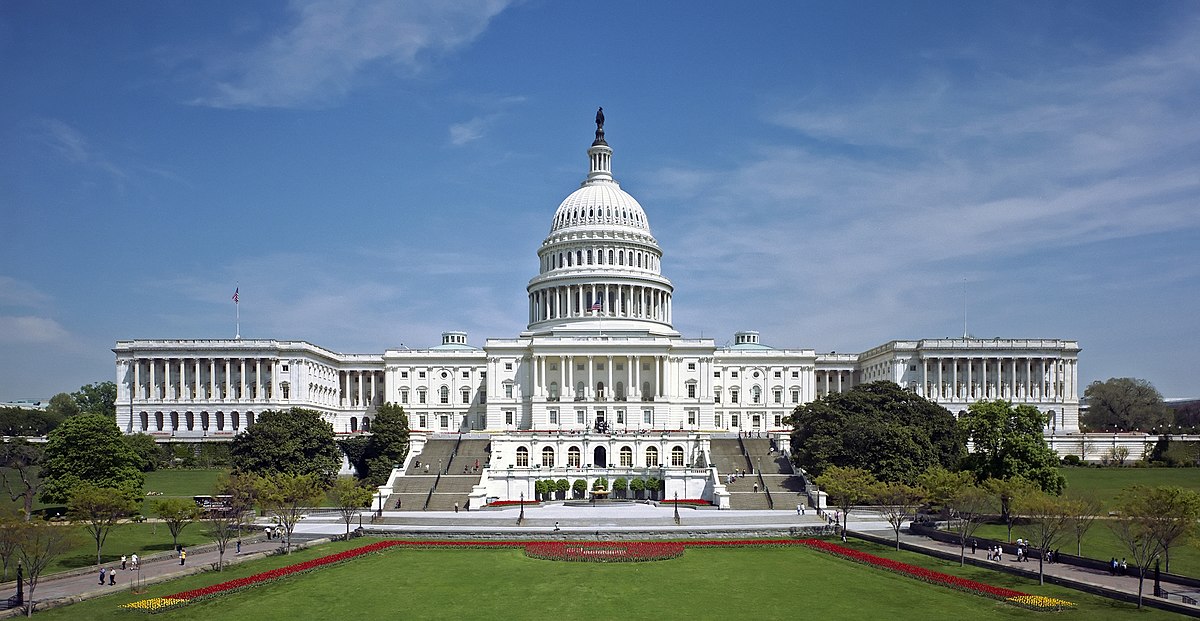An Omni is Better Than A Short-Term CR
Posted on November 25, 2014

"United States Capitol west front edit2" by United_States_Capitol_-_west_front.jpg: Architect of the Capitol
derivative work: O.J. - United_States_Capitol_-_west_front.jpg. Licensed under Public domain via Wikimedia Commons.
(This originally appeared in the Wall Street Journal’s Think Tank)
An omnibus appropriations bill, or “omni,” in Hill-speak, is an amalgamation of the 12 regular spending bills, rolled up into one.
Congress passes an omni when it can’t get its work done in regular order.
It is far preferable to do each individual spending bill on its own. That gives lawmakers time to thoroughly vet and debate the issues in each piece of legislation, whether it be funding for farm programs, defense systems, veterans housing or other issues.
With Harry Reid as the Senate majority leader, however, that has been the road less taken. Mr. Reid rarely allowed spending bills to come to the floor, and the Senate didn’t consider any individual bills this past session of Congress.
The spending process is where Congress makes its mark on governance. When it can’t finish its work there, it shows the American people it can’t do its work anywhere.
That said, it is far better to complete an omnibus bill before the Dec. 11 funding deadline than to embark on a series of short-term continuing resolutions.
Governing through CRs is governing by crisis. Every time there is a shutdown threat, the government stops functioning properly. Bureaucrats start making plans to deal with the shutdown rather than doing the job of making the government work. Governing by crisis costs taxpayers billions of dollars in waste, and it undermines confidence in the broader economy.
Republicans are angry about the president’s executive order on immigration, and they are suspicious about an omnibus spending package that is likely to contain some measures they disagree with.
But it is far better for them to get this year’s spending priorities behind them and start with a blank slate in January. That way, they can embark on regular order, get their priorities in the dozen different spending bills, have an open debate–and show the American people that they can be trusted with the reins of power.
